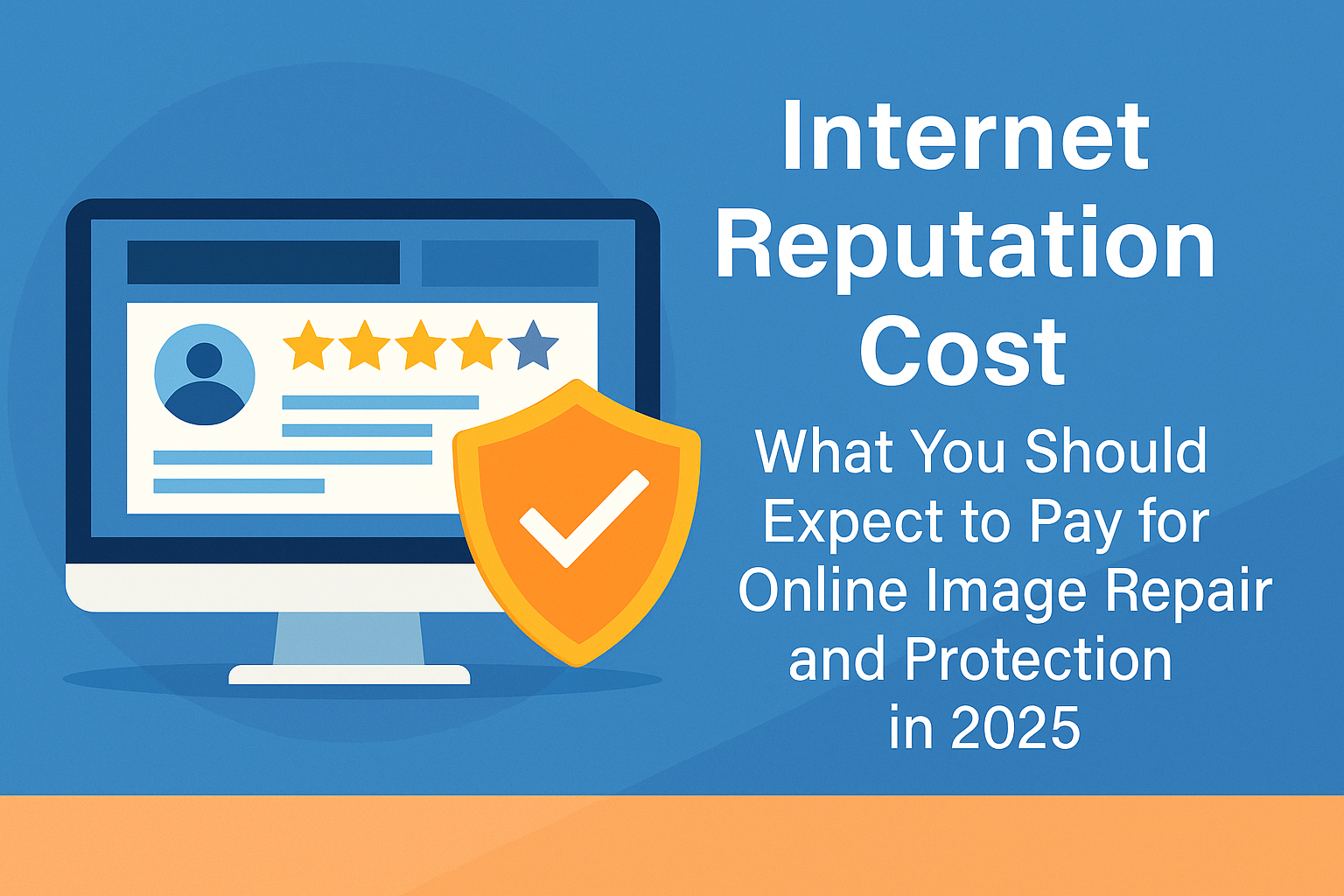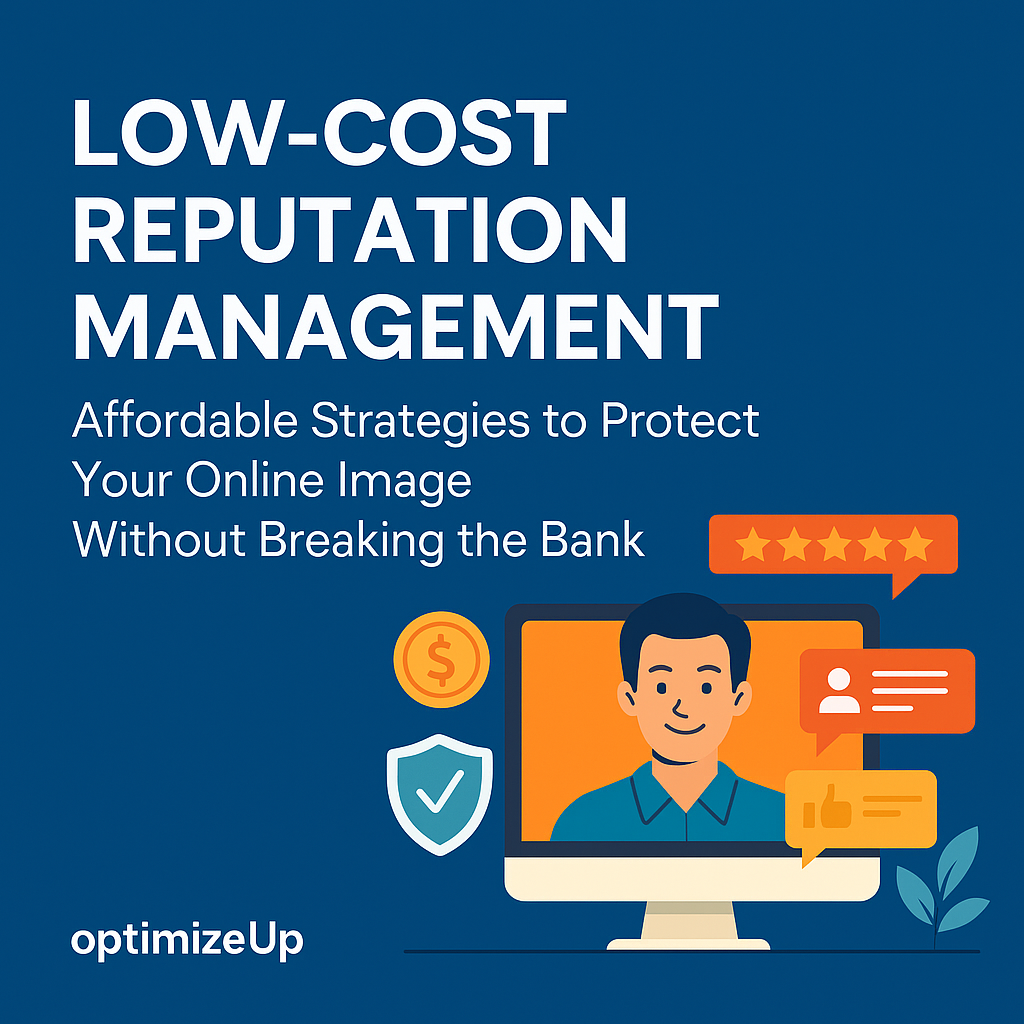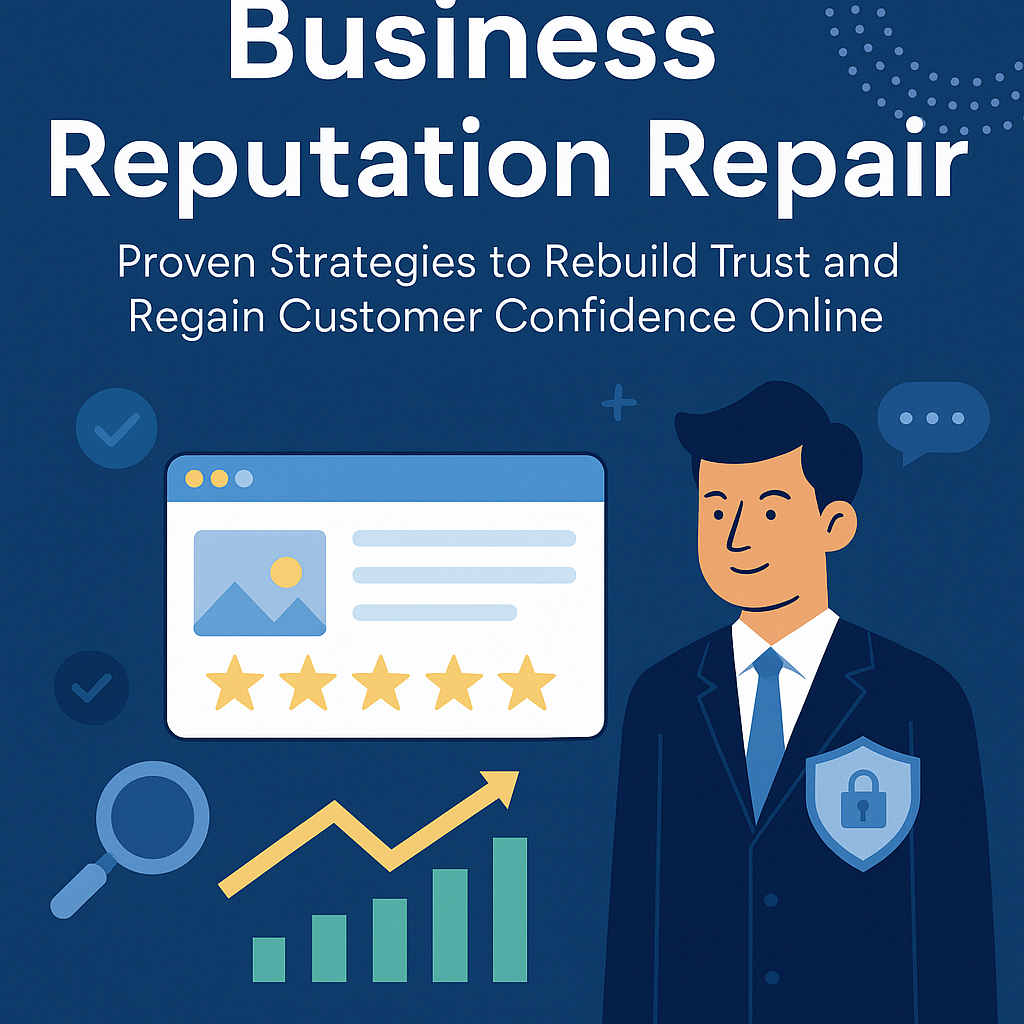How can you protect your reputation as a leader?

Identifying Your Persona
A persona is a representation of a specific type of customer or user. Personas are used in user-centered design to help create a better understanding of the target user. Creating a persona helps to put a face on an otherwise faceless customer segment and allows you to think about their needs, motivations, and concerns.
When developing your persona, it is important to consider the following:
- Who are they? What are their demographics?
- What are their goals? Why do they need your product or service?
- What are their fears and objections? What might keep them from using your product or service?
- What motivates them? What drives their decision making process?
By taking the time to develop a well-rounded persona, you will be able to better understand your target user and create a user experience that meets their needs.
Setting Boundaries and Being Assertive
When you’re in a leadership position, it’s important to be aware of how your actions and words can affect your reputation – both positively and negatively. One way to protect your reputation is to set clear boundaries with those around you and be assertive when necessary.
Setting boundaries doesn’t mean being rude or unapproachable; it simply means communicating your expectations clearly and sticking to them. For example, if you don’t want to be interrupted during meetings, make that known from the start. Or if you need time to think before responding to a difficult question, say so upfront.
Being assertive doesn’t mean being aggressive; it just means speaking up for yourself and what you believe in. If someone challenges your ideas or tries to take credit for your work, don’t be afraid to stand up for yourself. Defending your position in a respectful but firm manner will show that you’re confident in your abilities as a leader.
By setting boundaries and being assertive when necessary, you can protect your reputation as a leader while still maintaining strong relationships with those around you.
Building Trust with Peers and Subordinates
When it comes to protecting your reputation as a leader, one of the most important things you can do is build trust with your peers and subordinates. Here are a few tips on how to do that:
- Be transparent in your communication. Make sure that you’re always clear and honest in your communication with your team members. Don’t withhold information or try to manipulate them – this will only erode their trust in you.
- Keep your word. If you say you’re going to do something, make sure you follow through on it. This shows that you’re reliable and trustworthy, and people will be more likely to believe what you say in the future.
- Be fair. Don’t play favorites or show favoritism – this will only breed resentment among your team members. Treat everyone fairly and equally, and they’ll be more likely to trust and respect you as a result.
Managing Conflict Effectively
If you’re in a leadership position, it’s inevitable that you will face conflict at some point. Whether it’s between employees, customers, or other stakeholders, conflict is a normal part of doing business. The key to protecting your reputation as a leader is to manage conflict effectively.
There are a few things you can do to manage conflict effectively:
- Be proactive. Don’t wait for conflict to happen, be proactive and address potential areas of conflict before they arise. This can help prevent small conflicts from escalating into larger ones.
- Communicate openly and honestly. When conflict does arise, communicate openly and honestly with all parties involved. This will help build trust and respect, and will ultimately make it easier to resolve the conflict.
- Seek resolution, not victory. When managing conflict, always seek resolution instead of victory. This means compromising when necessary and finding middle ground that everyone can agree on. Trying to “win” every argument will only make the situation worse and damage relationships in the process.
- Be respectful. Always be respectful towards those you’re in conflict with. This doesn’t mean you have to agree with them, but it does mean listening to their side of the story and treating them with dignity and respect throughout the process.
- Be calm and rational. When conflict does happen, don’t let your emotions get the better of you. Remain calm and try to see things from both sides.
- Follow up afterwards. Once the conflict is resolved, follow up afterwards to ensure that everyone is still on good terms and that there are no lingering issues. A little bit of well thought out communication can go a long way here.
- Learn from mistakes. Conflict is often unavoidable, but that doesn’t mean you can’t learn from it. After resolving a conflict, take some time to reflect on what went wrong and how you could have handled it better next time.
How to Deal with Negative Publicity
When you are a leader, it is important to be aware of how the public perceives you. Your reputation is one of the most important assets you have, and it can be easily tarnished by negative publicity.
If you find yourself in the midst of a public relations crisis, it is important to take quick and decisive action. The first step is to assess the situation and determine what went wrong. Once you have done that, you can develop a plan to address the issue.
It is also important to be proactive in managing your reputation. You should regularly monitor how the public perceives you and take steps to protect your image. If you do end up facing negative publicity, remember that it is not the end of the world. With quick and effective action, you can minimize the damage and protect your reputation as a leader.
Adopting an Open Communication Strategy
In order to protect your reputation as a leader, it is important to adopt an open communication strategy. This means being transparent and accessible to your team, and being willing to listen to feedback. It also means being proactive in communicating changes or decisions that may affect your team. By maintaining an open communication strategy, you can build trust and respect among your team, and create a positive reputation as a leader.
Setting Professional Goals and Achieving Results
As a leader, it’s important to set professional goals for yourself and your team. But it’s not enough to just set goals- you need to achieve results. To do this, you need to have a clear plan and focus on execution.
There are a few things you can do to ensure that you’re setting and achieving professional goals:
- Set realistic and achievable goals. It’s important to set goals that challenge you and your team but are still attainable. This will help keep everyone motivated and focused on achieving results.
- Have a clear plan of action. Once you’ve set your goals, it’s important to have a plan of how you’re going to achieve them. This means being clear about what needs to be done and who is responsible for each task.
- Focus on execution. Once you have your plan in place, it’s time to execute it. This means staying focused on the tasks at hand and making sure they get done in a timely manner.
- Hold yourself and your team accountable. It’s important that everyone involved is held accountable for their part in achieving the goal. This includes setting regular check-ins and providing feedback along the way.
- Celebrate your successes. When you reach your goal, take some time to celebrate! This will help keep everyone motivated and focused on the future.
Keeping Your Integrity Intact
As a leader, you have a responsibility to protect your reputation and integrity. Here are some tips on how to keep your integrity intact:
- Be honest: This seems like an obvious one, but it’s important to always be honest in your dealings as a leader. Whether you’re communicating with your team or speaking to the media, always be truthful.
- Be transparent: Along with being honest, it’s important to be transparent in your leadership role. Your team should know what your goals and objectives are, and you should be open about any challenges or obstacles you’re facing.
- Be authentic: It’s also important that you be authentic in your role as a leader. People will respect you more if they feel that you’re genuine and sincere.
- Be consistent: It’s important to be consistent in your leadership style. If you’re constantly changing the way you do things, it will only confuse and frustrate your team. Try to stick to a few core principles and values that you can consistently uphold.
Conclusion
Your reputation as a leader is one of your most important assets, and protecting it should be a priority. By utilizing the strategies outlined in this article, you are sure to maintain a positive image with those around you and remain a respected and successful leader. It’s easy to get caught up in the day-to-day demands of leading an organization but taking the time to consider how others view you will pay off dividends for years to come. Protecting your reputation as a leader is essential for long term success – take the necessary steps today!





